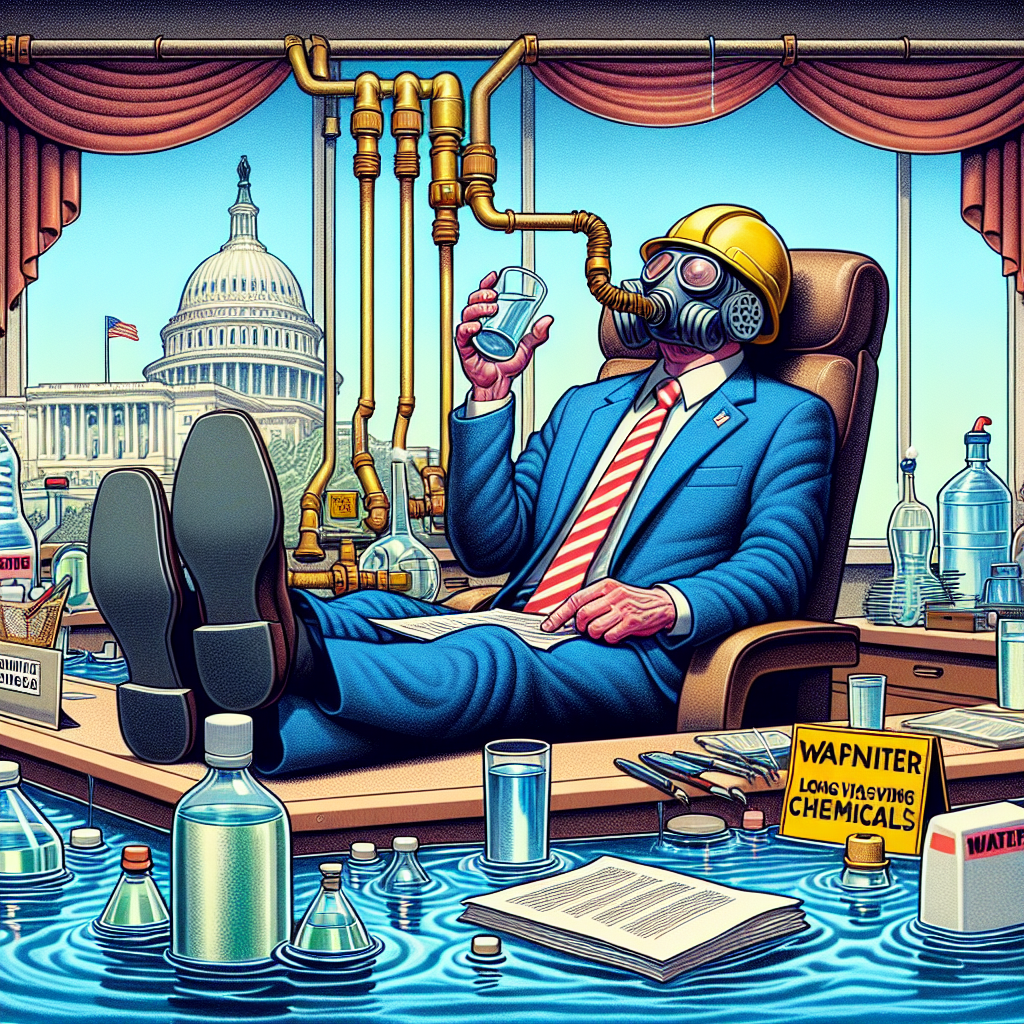Trump Administration Relaxes Restrictions on ‘Forever Chemicals’ in Drinking Water
Trump Administration Relaxes Restrictions on ‘Forever Chemicals’ in Drinking Water
Introduction to ‘Forever Chemicals’
‘Forever chemicals,’ scientifically known as per- and polyfluoroalkyl substances (PFAS), are a group of man-made chemicals that have been widely used in various industries around the globe. These chemicals are notorious for their persistence in the environment and human body, leading to potential health risks.
Policy Shift: Relaxation of Restrictions
The Trump administration has announced a significant policy shift by relaxing restrictions on PFAS in drinking water. This decision marks a departure from previous efforts to tighten regulations on these persistent chemicals.
Key Changes in Regulation
- Reduction in the stringency of allowable PFAS levels in drinking water.
- Delay in the implementation of stricter standards that were previously proposed.
- Increased flexibility for states to set their own PFAS regulations.
Implications of the Policy Change
The relaxation of restrictions on PFAS has sparked a debate among various stakeholders, including environmental groups, industry representatives, and public health advocates.
- Environmental Concerns: Critics argue that the relaxed standards could lead to increased exposure to harmful chemicals, posing risks to public health and the environment.
- Industry Perspective: Proponents from the industry highlight the economic benefits and reduced regulatory burden, which could foster innovation and growth.
- State Autonomy: The policy grants states more autonomy, allowing them to tailor regulations based on local needs and conditions.
Conclusion
The Trump administration’s decision to relax restrictions on ‘forever chemicals’ in drinking water has ignited a complex debate balancing economic interests, environmental protection, and public health. As states navigate this new regulatory landscape, the long-term impacts of this policy shift remain to be seen.






































